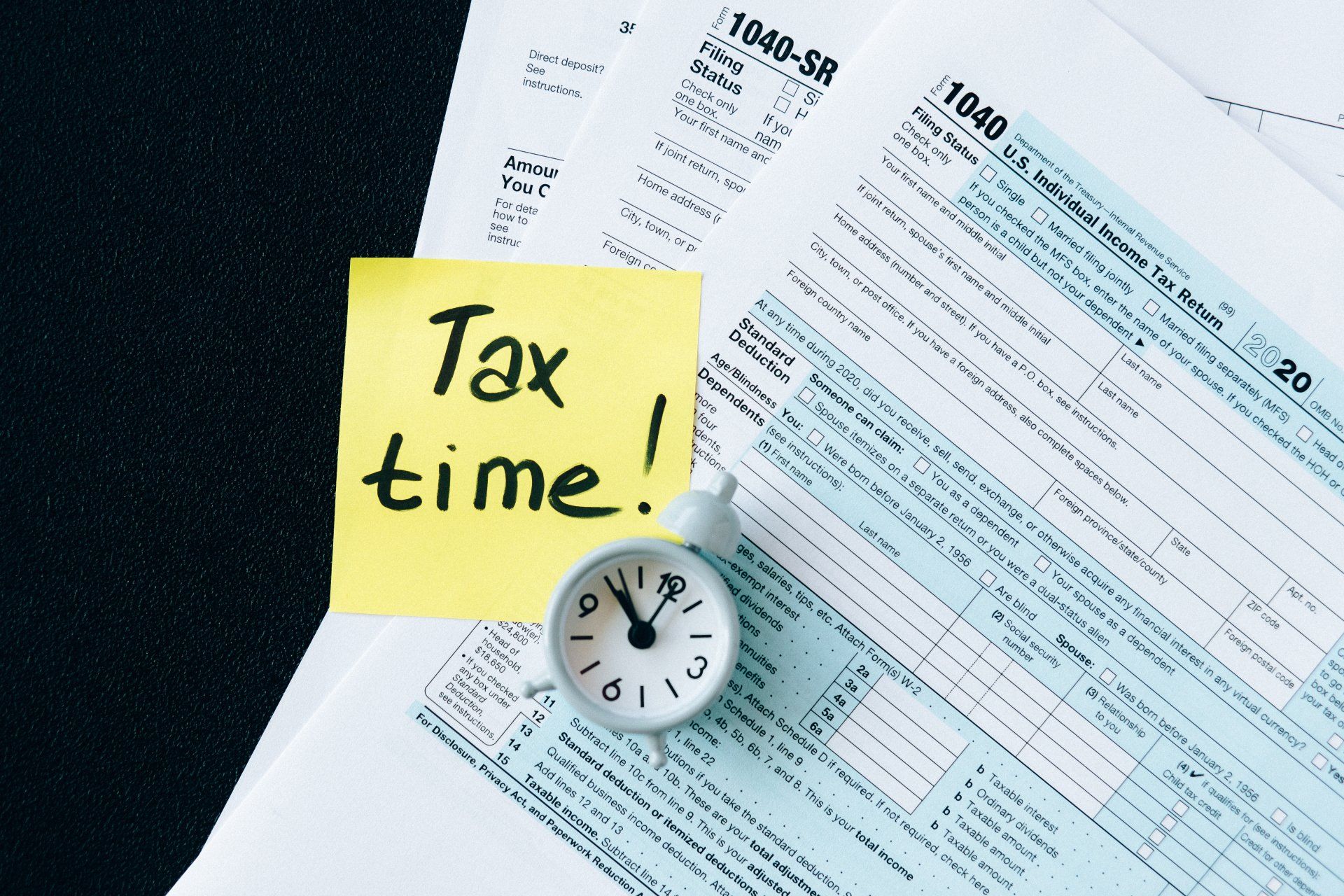GSTR-9 and 9C
September 17, 2021
GSTR-9 and GSTR-9C
- Central Board of Indirect Taxes and Customs (‘CBIC’) vide Notification No. 30/2021 – Central Tax prescribed annual return forms i.e., GSTR-9/9A/9B and a self certified reconciliation to be filed on or before 31st December 2021 for the FY 2020-21.
- GSTR–9 needs to be filed for registered person having annual turnover more than INR 2 crores.
- Self certified reconciliation i.e., GSTR-9C, is to be filed for registered person having turnover more than INR 5 Crores
Our Objective
- Proactive approach for an early review and analysis of various transaction under GST law to ensure full compliance with provisions
- Value addition to every service that we offer and therefore do not treat GSTR- 9 and GSTR-9C as a mere compliance under GST Law
- Specialised expert systems to review and work with your industry, sector and their challenges while preparing GSTR-9 and GSTR-9C
- Application of expert knowledge systems, trends and ideas to create tailored and risk-mitigated solutions
Scope of Review
Collate data, documents,
and information:
- Basis the understanding of the business and transactions providing the checklist to the client
- Discussion of the importance of data / information asked
Review of Outward Supply:
- Key Agreements with Customers
- Sample Outward Invoices
- Classification of Goods and Services under HSN/SAC
- Time Supply, Place of Supply, Free of Cost Supplies
- Position taken on interest earned, advances received, discount received, and any other incentives received
- Credit Notes and Debit Notes issued in respect of supplies and treatment
- Exempt supplies and impact on ITC
- Inter-company or related party transactions under valuations provisions
- GSTR-1 and GSTR-3B to find any gap • Balance Sheet and P&L Account to identify any abnormal supply, subject to GST
Review of Inward Supply:
- Key Agreements with Vendors
- Sample Inward Invoices
- Import of Goods and Services Transactions
- Impact of discount received, creditors written-off, credit note received with respect to inward supplies
Review of ITC Ledger:
- Check whether Ledger captured only eligible ITC
- ITC as per books and as per electronic ledgers
- GSTR-2A/2B and ITC register maintained by the company, to report any gap between these
- Gap between ITC availed and ITC restricted in view of GST provisions
Review of Supply Taxable
under RCM:
- Nature of supplies subject to reverse charge
- Whether self-invoicing raised is subject to RCM
- Time of Supply in case of RCM
- Whether Tax Deposit under RCM is claimed
- Whether RCM transactions are reported under GSTR-3B
Other Support:
- Verify the appropriateness of ITC availed as per Section 16 of CGST Act
- Identify transactions on which ITC is restricted under Section 17(5) of CGST Act
- Ensure condition of payment made within 180 days for availing / reversal of ITC is followed by the company
- Ensure proper reporting of ITC availed/utilised in GSTR-3B
- Miscellaneous income • Revisit positions taken by the Company on both outward supply and inward supply transactions
- Reconciliations between books of accounts and GST returns and workings on a periodic basis
- Any notice, demand received by the Company and impact thereof in GSTR-9 and GSTR-9C
Assist in filing GSTR-9 and
GSTR-9C:
- Assistance in reporting the data in GSTR-9 and GSTR-9C under correct heading
- Review of filled GSTR-9 and GSTR-9C to identify any inadvertent error while reporting the amounts under various headings
- Ensure timely filing of GSTR-9 and GSTR-9C to avoid late filing penalty
- Reporting of reconciliation needed between turnover, tax paid and ITC
Key Benefits of SRGA Assistance
- Highlight the risk at an early stage which avoid heavy interest and penalties in future by taking corrective action
- Suggesting corrective action and appropriate approach where there is any inadvertent error or non-compliance while reporting the data in periodic returns
- Ensure reporting of data in compliant with GST provisions in GSTR-9 and GSTR-9C
- Reporting and rectification of gaps between books and returns
- Provide supporting information for each and every corrective action done which would help the company during investigation, departmental audit, scrutiny and due-diligence. It also results in time cost saving
- Timely filing of GSTR-9 and GSTR-9C

The Finance Minister, Smt. Nirmala Sitaraman, has presented the Union Budget 2022 in the parliament today, i.e., February 1, 2022. India’s economic growth in FY22 to be at 9.2 per cent, highest among all large economies, said FM in her address. India in a strong position to withstand challenges due to higher vaccinations, she added. Further, seven Engines have seen suggested for unison growth of India - Roads, Railways, Airports, Ports, Mass Transports, Waterways and Logistics infrastructure. The major announcements which have been made in this Budget are as under:- Income-tax return can be revised within 2 years on payment of additional tax Income from the transfer of virtual digital asset shall be taxed at 30% with no deduction of expenses. Gift of Virtual Digital Assets to be taxed at receiver's end. Surcharge on long-term capital gain is capped at 15%. To provide a level playing field between co-operative societies and companies, rate of Alternate Minimum Tax (AMT) is reduced to 15% for co-operative societies. Surcharge on co-operative societies from present 12 per cent to 7 per cent for those having total income of more than ` 1 crore and up to ` 10 crores. No benefit of set-off of loss allowable on income discovered during search and seizure. Clarifies that surcharge or cess is not allowable as business expenditure. Period of incorporation for eligible start-ups to claim the tax benefit is extended by 1 year. SEZ reforms in customs to be implemented by 30th Sept, 2022. Custom Duty on Gems and Diamonds reduced to 5%. Proposals made for exempting few goods under Customs for promoting manufacturing of Capital goods. Duty concessions provided to high growth electronic items. Concessions provided on raw material for boosting manufacturing of Electronics Goods. SEZ Act will be abolished and a new law will be enacted to enhance exports. Digital Rupee using block chain to be issued by RBI starting 2022-2023. IBC laws will be amended to enhance the resolution process and to facilitate cross border insolvency resolution. 5G will be rolled out in 2022-23 by private telecom players. 1,486 union laws were repealed last year in a step towards minimum government and maximum governance. Pushing digital economy and fin-tech will be a priority for the Government. Start-ups would be promoted to facilitate 'Drone Shakti' for the promotion of drone usage. All post offices will come on the core banking system in year 2022. Issuance of E-Passports will be rolled out in 2022-23. For any clarification on Budget 2022, please feel free to contact us. Regards, Team - SRGA & Co.

The Government has issued notification to provide that the last date of submitting applications under various schemes such as MEIS, SEIS, ROSCTL, ROSL etc. is revised to 31st December, 2021. This notification is issued in supersession of the existing provisions in the Hand Book of Procedures, 2015-20 with regard to last date for submitting online applications for scrip based claims. After 31.12.2021, no further applications would be allowed to be submitted and they would become time-barred. It is to be noted that late cut provisions shall also not be available for submitting claims at a later date i.e. no application shall be allowed after 31 December 2021. Further, it has been provided that the validity of any scrip issued under FTP on or after 16th September, 2021 shall be 12 months from the date of issue i.e. duty credit scrip must be utilised within 12 months from the date of issue. The new late cut for applications submitted upto 31.12.2021 as indicated above shall be:

